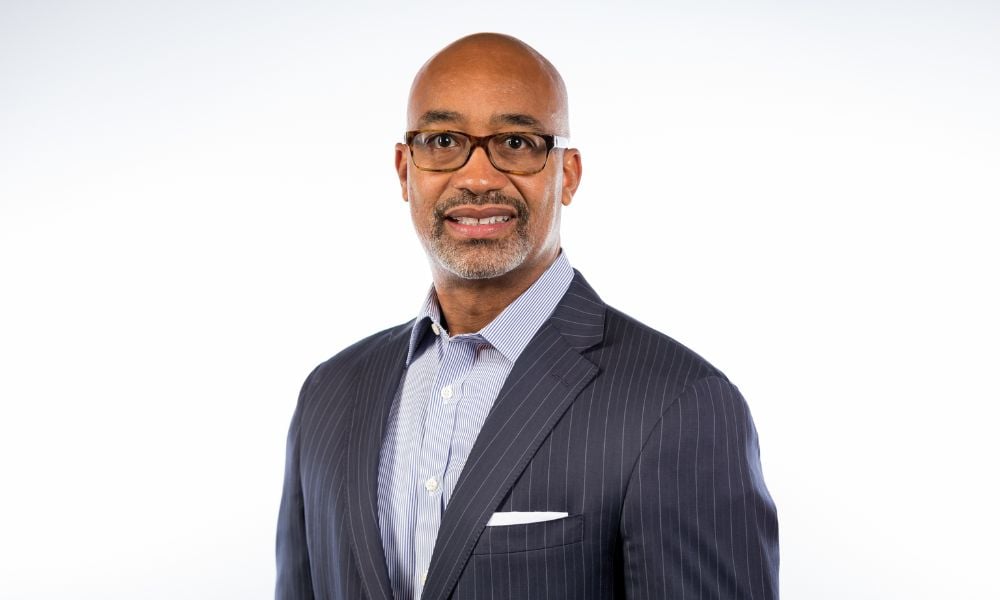
'HR has been unsuccessfully walking a tightrope between business partner and employee advocate'

With a recent report highlighting that 32% of employees don’t trust their HR manager – and wouldn’t feel comfortable confiding in them – questions around credibility are arising in the sector.
Speaking with Dr Jarik Conrad, VP of human insights at UKG and executive director at The Workforce Institute, he believes that trust in HR eroded long before the pandemic – even if it’s only really coming to light now.
“The pandemic offered a bit of reprieve, as HR professionals sprang into action to ensure workforce and business continuity,” he tells HRD. “As we have gotten through the worst of the pandemic, the pattern is starting to resurface that has existed for decades. HR has been unsuccessfully walking a tightrope between business partner and employee advocate, not making the connection that those two things don’t have to be mutually exclusive.
“Some HR folks are still stuck in compliance mode, while others have overcompensated trying to ‘out EBITDA’ (earnings before interest, taxes, depreciation, and amortization) their colleagues in the C-suite to gain their respect. The sweet spot has been elusive, but those talented HR pros who have achieved it have, indeed, earned the trust of their organizations.”
And it’s not just the people function that has cause for concern. A recent report found that two in five employees (38%) don’t trust the organization to put employee interests ahead of profits.
“HR isn’t the only group that has some work to do,” adds Dr Conrad.
How can leaders repair the broken relationship before it’s too late?
It’s important to first talk about what we mean by trust, he says.
“From an individual perspective, we know trust when we feel it, and that’s good enough. But from an organizational perspective, there is some science behind what defines trust. My friends at Great Place To Work have identified three essential components of trust: credibility, respect and fairness.
“Building a culture of trust starts at the top and permeates through every level of leadership. If employees are really the lifeblood of an organization, then HR must be the heartbeat, so they play a central role in assessing organizational trust, understanding the results, and helping the organization’s leadership create that culture.”
But what are the dangers of an ongoing rift? How does this lack of trust manifest itself in an organization? Well, according to Dr Jarik, its effect can be seen in everything from turnover to profitability.
“When employees don’t trust HR, they don’t reach out to them with their issues or concerns,” he tells HRD. “Some would rather go to their managers, but others just try to deal with their issues on their own. Unfortunately, little problems that go unaddressed only become bigger problems. When leaders don’t trust HR, they avoid consulting with them regarding important issues. As a result, they make decisions that can cost the organization long term.
“Beyond HR, when there’s no trust in an organization, employees don’t give their discretionary effort, which hurts company productivity and performance. Building a culture of trust has the opposite effect — improved financial performance.”
Looking ahead to 2023, culture will be defined by environmental, social and governance-driven values (ESG), coupled with open and transparent leadership teams. With the ongoing layoffs in Canada hitting sector after sector, employees are rightly nervous. In order to stem any mental health issues and morale drops, Dr Jarik recommends HR teams look at a whole brand makeover – starting with honesty.
“As we try to understand the new normal, employees are asking profound questions about the nature of work — how, why, and where it gets done,” he says.
“HR can offer enormous insights into a future of work that would enable both employees and their organizations to thrive. For this to occur, HR professionals must rebrand themselves and follow through by being valued partners and trusted advisors, rather than necessary impediments.”